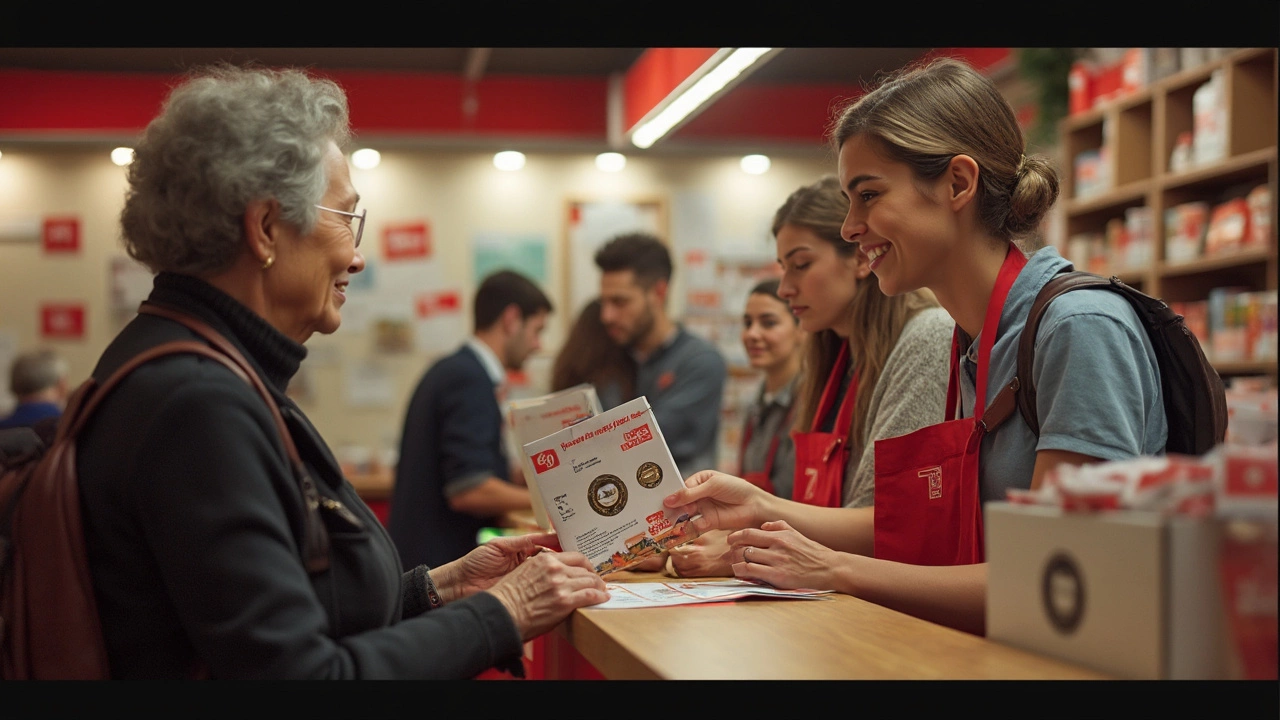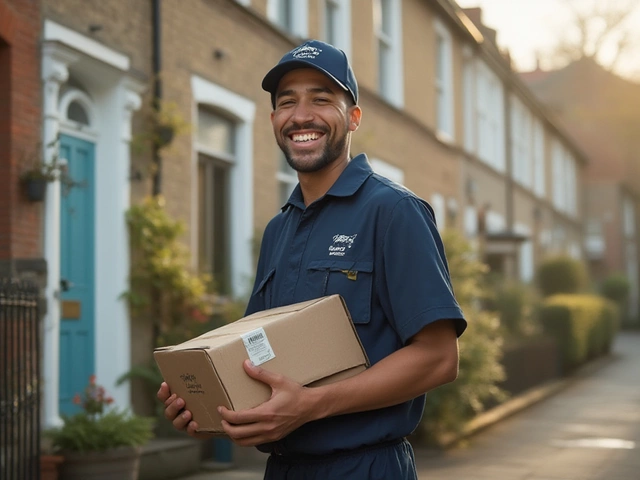Package Protection: Keep Your Shipments Safe
Ever opened a box only to find a broken item inside? It’s frustrating, right? The good news is you can stop that from happening with a few simple steps. This guide shows how to protect packages so they reach their destination in perfect condition.
Why Package Protection Matters
Every package faces three main risks: physical damage, moisture, and loss. A dented box can crush fragile goods, water can ruin electronics, and a misplaced label can send a parcel to the wrong address. By treating your shipment like a valuable item, you lower the chance of costly returns, angry customers, and extra handling fees.
Simple Steps to Protect Packages
1. Choose the right box. The box should be sturdy, slightly larger than the item, and made of single-wall corrugated cardboard for most parcels. If you’re sending heavy or delicate items, go for double‑wall boxes.
2. Use proper cushioning. Bubble wrap, foam peanuts, or crumpled paper work well. Fill any empty space so the product can’t move around during transit.
3. Seal securely. Run packing tape along all seams, then add a second strip across the top and bottom. A loose seal is an invitation for the box to open.
4. Label “Fragile” or “Handle With Care”. These stickers don’t guarantee gentle handling, but they alert couriers to treat the parcel more carefully.
5. Add moisture barriers. For electronics or paperwork, slip a small plastic bag around the item. It’s cheap and stops rain from seeping in if the box gets wet.
6. Insure high‑value items. Most couriers offer optional insurance. Compare rates and coverage limits—insuring a £500 laptop is worth a few extra pounds.
7. Track and confirm delivery. Choose a service with real‑time tracking and a signature requirement. Knowing exactly when the package arrives cuts down on lost‑in‑transit worries.
8. Use temperature‑controlled packaging when needed. If you’re shipping perishable goods, add insulated liners and gel packs. It’s a small extra step that prevents spoilage.
Putting these habits into your routine only takes a few minutes, but the payoff is huge. Fewer returns mean happier customers and lower expenses for your business.
Need a quick checklist? Grab a pen and write down: box type, cushioning material, tape, label, moisture barrier, insurance, tracking, and temperature control (if required). Tick each box before you seal the parcel—simple, effective, and it becomes second nature.
Remember, the goal isn’t just to ship something; it’s to ship something that arrives exactly as you intended. With the right protection, you’ll see fewer damaged deliveries and more satisfied recipients.
June 8, 2025
Evelyn Wescott
0 Comments
Wondering if USPS has delivery insurance? This article breaks down what coverage comes with different USPS services, how insurance works, when to buy extra protection, and what to do if your package goes missing or gets damaged. We’ll explain the nitty-gritty—no jargon—so you can ship with confidence whether you’re sending a gift across town or a laptop across the country. Expect real tips, honest examples, and advice on making claims hassle-free.
January 8, 2025
Evelyn Wescott
0 Comments
UPS insurance offers a layer of protection for your shipments, but is it truly worth the cost? This article delves into what UPS insurance covers, its costs, who benefits the most, and compares it to other shipping insurance options. You'll gain insights and useful tips to help you decide if opting for UPS insurance is a wise decision when it comes to safeguarding your packages.
December 31, 2024
Evelyn Wescott
0 Comments
Delivery insurance is a critical aspect for businesses that handle shipping and deliveries. This article explores the kinds of insurance required to safeguard your business during the delivery process. We'll delve into the types of policies available, what each covers, and how to choose the right one for your needs. Understand the importance of protecting your parcels and clients with proper insurance. Discover tips for selecting an insurance policy that fits your business model and budget.






